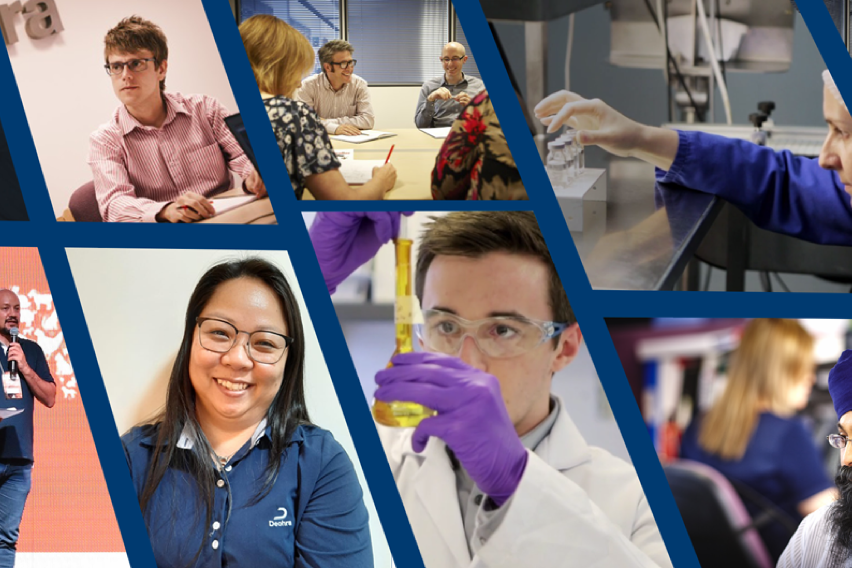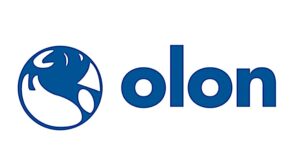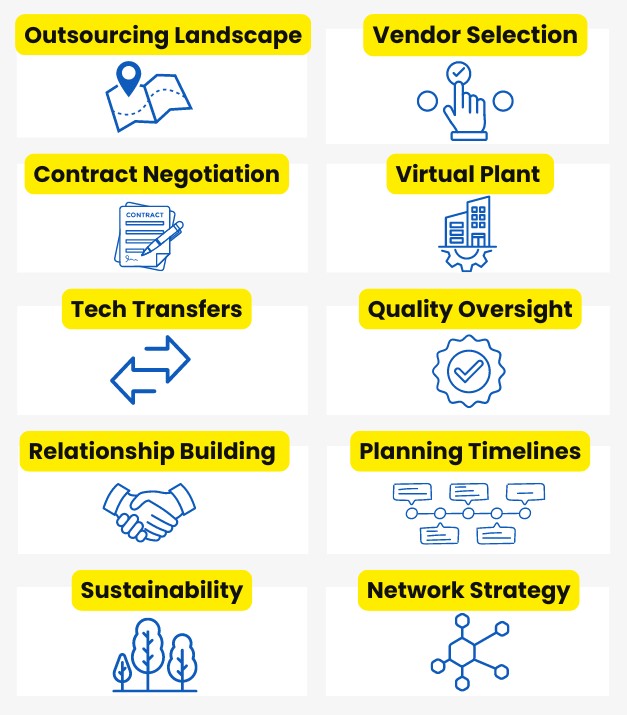Dechra Pharmaceuticals is a global specialist in veterinary pharmaceuticals.
In the latest episode of the PharmaSource podcast, we spoke to Kateryna Holovnia, Head of Procurement at Dechra Pharmaceuticals about the global transformation of the procurement function, moving from a fragmented and transactional to a unified and strategic partner to the business.
Kateryna explains how they are in the middle of a three year strategy to harmonise and unify procurement operations. The company is made up of a number of acquisitions which previously operated independently.
Their objective is to standardise technology and processes across the nine in-house manufacturing sites they operate, and about 70 different Contract Manufacturing Organisations (CMOs) they partner with.
“We have brought in a global category management approach which has the visibility to have a helicopter view of what’s going on, and to see what the opportunities are regionally.”
“We are integrating our systems and platforms for visibility so we can see where in-house manufacturing overlaps with our CDMOs, which we can leverage with on-click.”
Kateryna says she found moving to Dechra refreshing, finding the company open and receptive to implementing the best practices she had learned in previous roles and through her network.
Moving from fragmented to strategic suppliers
“We are going from the fragmented to more consolidated supplier-base with fewer vendors, but doing more business with them,” says Kateryna.
“Dechra is a company that is oriented around long-term relationships with suppliers. We want to build more trust, more partnerships and more reliability with partners. This has to be a two-way relationship because if we help them to grow business, they will help us to grow our business as well. Suppliers bring innovation and share it with us.”
Kateryna and her team segmented and scored suppliers based on a number of criteria.
“We segmented our vendors to understand which are of the most strategic importance.”
“We did the huge analysis into what we are buying, where we are buying from and identified opportunities to consolidate, so we could grow business with certain ones. In doing so we made it more interesting by offering those suppliers with more favourable terms.”
“We involved a lot of different stakeholders to understand what the suppliers deliver, how responsive they are, what is their innovation capability, what is their communication style, what is their worldwide presence and their readiness to collaborate with us.
“Now we have strategic suppliers who are ready to work and have visibility of our pipeline. They know our targets, what our competitive advantage is and the value we bring to the customer through the supply chain.”
“All of our objectives are cascaded to our suppliers. There is a lot of communication about how they can work with us and how we can track the delivery. “
Local vs Global suppliers
Diversifying risk across suppliers is important says Kateryna.
“We try to balance and cover our risks by having suppliers in different regions. So if we have, for example, the Chinese manufacturer for this API, we will do our best to setup another manufactured of the same API in the European region, for example, if they’re delivering within Europe, or it should be in the US region, if it is delivering for the US. “
“For small molecule APIs we work with a lot of small laboratories who are really innovative. If the task is to quickly introduce a molecule to the market, we most likely will go to the small CDMO in order to synthesise this molecule, because they are more flexible.”

Building trust and alignment with internal stakeholders
Kateryna explained how they are working on building trust internally so that whenever there is a new project, procurement are there to support the project from the start. This involves a lot of communication and stakeholder management.
“Procurement has moved from being a transactional function to a business plan partnering function. We’re now involved in the very beginning of any new product introduction in any product development, understanding where we can get this molecule from who can synthesise this molecule for us, and so on.”
Kateryna describes her role in managing “a huge number of stakeholders” as being “the person who puts everything on paper to make the change go smoothly. I’m doing the value chain mapping, what I need to deliver, and who should be involved at every single stage.”
“For example, with product development we have to show that we are not just there to save money but to support them bringing our a product which gives more value, improves the quality of our finished goods, or improves production. In the same way, we work with our supply chain and logistics teams to enable them to continue without any disruptions in the supply of raw materials etc.”
“And even though we’re the same function, we do consider our local procurement people being also our stakeholders.”
Women driving transformation
Working across so many different internal departments and suppliers takes a skillset that plays to the strengths of women’s natural abilities, says Kateryna.
“Women are good in transformation, project management, crisis management and leadership roles.”
“Women tend to break the rules more. They’re eager to take the risks. They want to experiment, try something different, and innovate.”
“We want to be inclusive about how we solve problems, so we’re open to the opinions of all the team members in order to get the the best decision.”
Kateryna Holovnia will be speaking at Pharma Procurement Live in London 9th November. Register for your ticket today.
Empowering Access to Affordable Healthcare
Unveiling the Global Impact of Generic Drugs Through Olon – A Proven Pioneer in Generic API Supply and Market Leadership














 Stay ahead of trends and best practices
Stay ahead of trends and best practices
